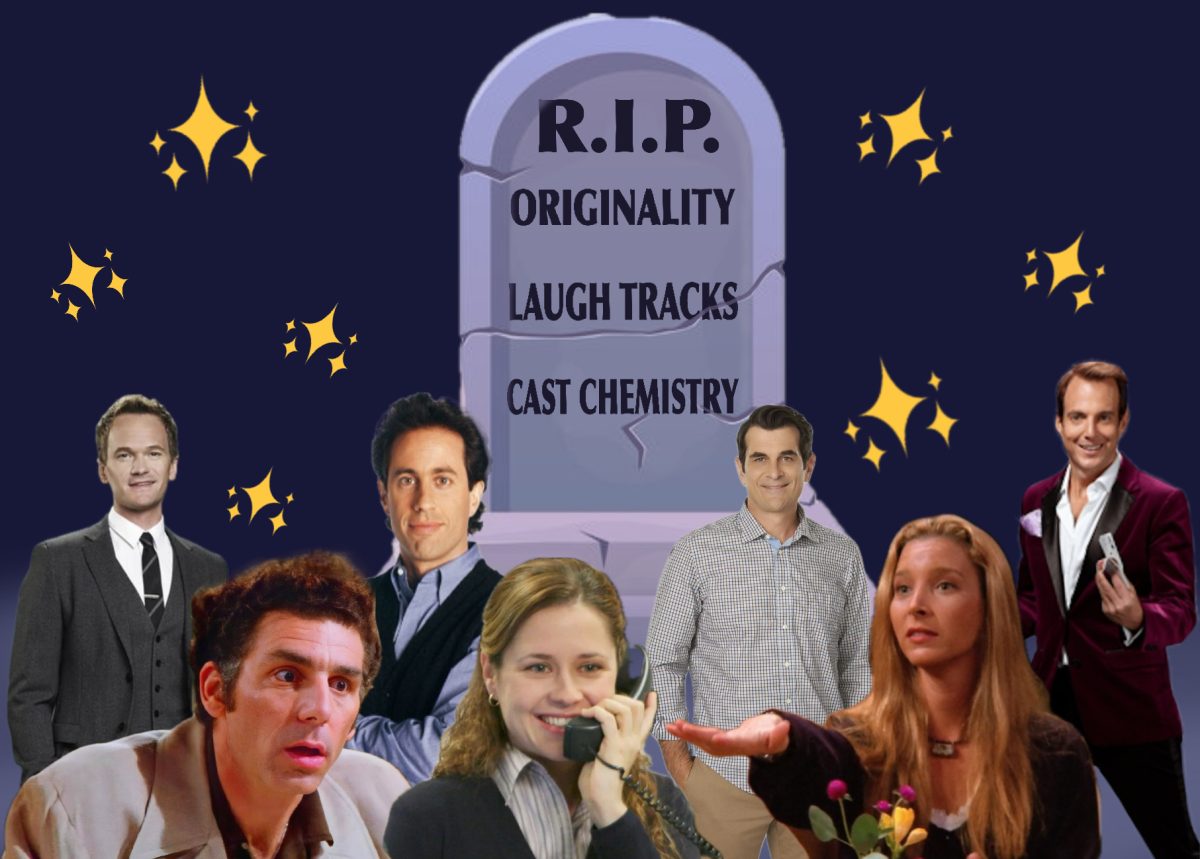The 2024 “Mean Girls” reboot has ignited drama among onlookers, leading to debates regarding adaptations staying true to their stage counterparts. Is it fetch, or is it sketch?
Movie musical adaptations have flooded through the box office in recent years, with films like “Cats” (2019), “In The Heights” (2021), and “Dear Evan Hansen” (2021) garnering both praise and criticism from audiences and critics alike. The idea of these musical-to-movie creations is to entertain a wider audience, but most of the time they only cater to theatre lovers and get subsequently criticized.
In particular, the most recent of this trend, “Mean Girls,” was the final straw. So-called theatre kids, among others, feel vocal in their nitpicking and shedding light on its flaws.
“The movie doesn’t show the broadness of Broadway,” said freshman Halle Dao. “They changed the music and they also changed the lyrics a couple of times. I love the music and I know the harmonies by heart.”
Despite being new to Summit, Dao has played a part in various productions across town. She prides herself on singing and the musical aspect of theatre.
“It took me by surprise because I would be singing the words to myself, like in the theater, but then it would just be a different lyric,” Dao said.
This sentiment reflects fan frustration who feel that these recreations take away authenticity, and possibly discomfort their target audience, who are familiar with the tracks. While these adaptations boast their casts and production value, they’re often lacking when compared to their original source.
Senior Emily Lehto, a frequent actor and technical assistant to Summit Theatre, also saw Mean Girls and was less satisfied overall.
“The music that they included in the movie was arguably a lot worse,” Lehto said. “The main character, Cady, can’t sing, and that was my biggest issue. She had no feel for anything.”
She believes the portrayal of characters like Cady fails to capture the essence of Broadway performances, as well as poor pacing—where movies often fall short.
“Though, I loved Reneé Rapp and Auliʻi Cravalho; their songs were good. But they cut out important parts and made really weird choices,” Lehto said.
Most ordinary scenes in “Mean Girls” have far less production value compared to their song-packed counterparts. Jokes don’t land on account of lazy acting and screenwriting, and any laugh is derived from how absurd the quality remains. Movies with elements that adapt music shouldn’t have that as the primary focus.
If the producers wanted to pour all effort into soundtrack spectacles to bait nostalgia out of watchers, they might as well make a glamorized music video.
Furthermore, Dao highlights a concerning trend among her peers. Some are drawn to the movie music while oblivious to the charm of live performance.
“I think that musicals are actually getting more interest because I have multiple friends who aren’t theater people,” Dao said. “I am more interested in the production, but they are more interested in the soundtrack it’s based on.”
This shift in target audience raises concerns about adaptations impacting the perception of musical theater, possibly overshadowing the artistry and nuance of hands-on productions.
“Some people enjoyed it, but I definitely don’t think it’ll make people interact with the original, stage version at all,” said Lehto.
As the popularity of movie musicals grows, so does the challenge of balancing the demands of broader audiences with the need to honor its theatrical roots. If this balance isn’t met, might as well leave these movie pitches in scraps.
In the midst of this ongoing debate, one thing remains clear: stage musicals deserve to be respected and preserved, lest they be lost in the glamor of Hollywood.
































